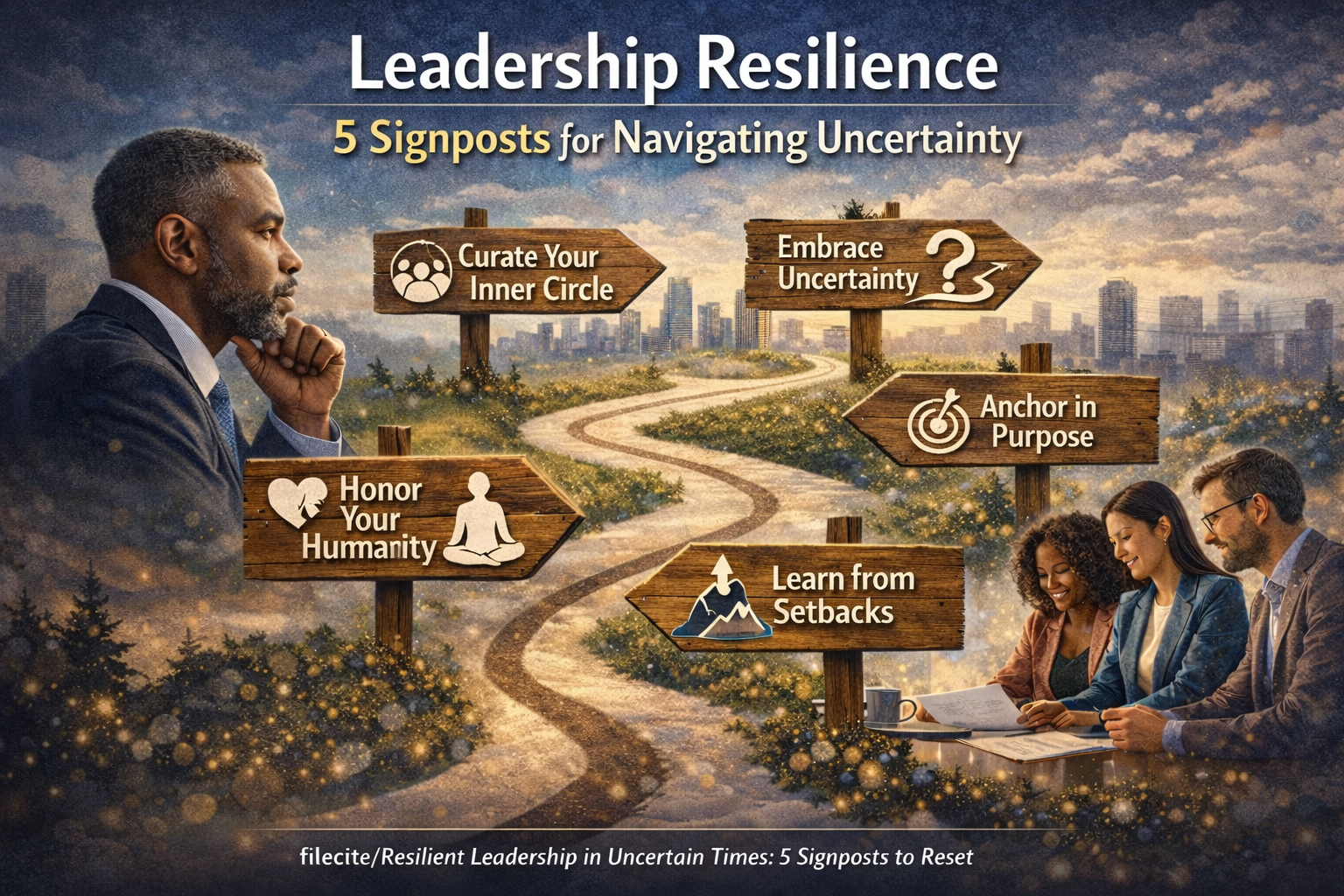Smart Leaders Ask Smart Questions

Good questions have the power to unlock minds, open doors and create new opportunities. In my coaching practice, I find that asking the right question at the right time is often the catalyst that moves a client forward. Smart leaders know this and are skilled at asking questions that prompt team members to see fresh perspectives, make new connections and imagine innovative possibilities.
Asking good questions and listening attentively to the answers also helps leaders engage with and develop deeper bonds with their teams and ultimately drive better results. “Questions and thoughtful answers foster smoother and more effective interactions, they strengthen rapport and trust, and lead groups toward discovery,” Harvard Business School Professors Alison Brooks and Leslie John write in the Harvard Business Review.
Develop your questioning skills
In our leadership trainings and our leadership development sessions with executives, we often spend time looking at the power of questions. While it’s natural for leaders to feel they should have answers, we find found that for many executives it’s not a lack of answers that holds them back but the failure to ask good questions.
Sometimes the simplest questions are the most effective. Simply asking a subordinate “What do you think?” can open up communication in a way that yields new answers to old problems.
Here are more examples of powerful questions that leaders might ask of their teams and of individual team members:
- What could we do better as a team?
- How can we add value to our clients, customers or colleagues?
- What would need to change for this to happen?
- What can I do to help our team be more innovative (cohesive, effective, productive, etc.)?
- What strategy do you think would work best?
- What tools do you need to create a plan?
- How can I help move this project forward?
- What will support you in your next step?
- What can I do to make your job easier?
Of course, asking questions is only half of the equation, and some of our leadership development clients find they need to work on their listening skills. To listen well, remember to listen both to what is being said and to how it is being said through body language, tone of voice, inflection, etc.
Using questions to expand your own leadership potential
Smart leaders also make it a habit to investigate their own leadership effectiveness by asking questions of themselves. Making this a practice will energize your own leadership development.
Here are some leadership development questions you might ask yourself:
- What are my strengths as a leader?
- What leadership strengths do I want to develop?
- What is my leadership vision and philosophy?
- What do I need to change in myself to create the impact I want?
- How am I showing my employees that I care about them?
- What value do I bring to my team and to the organization?
- What could I do better?
- How well am I listening to my team? To my customers?
- What is my team telling me that I’m not hearing?
For most of us, asking transformative questions is a skill that must be learned and practiced. If you’re ready to learn more about leveraging the power of questions in your work, Contact The Workplace Coach today.
Get Practical and Actionable Insights Delivered Monthly
Sign up for our blog now so you never miss out on our expert advice and tips.
Other Blogs

A Third Consumer Choice Award—Why We’re Grateful (and Why It Matters)

Choosing a Theme for 2026: A Better Alternative to Resolutions





